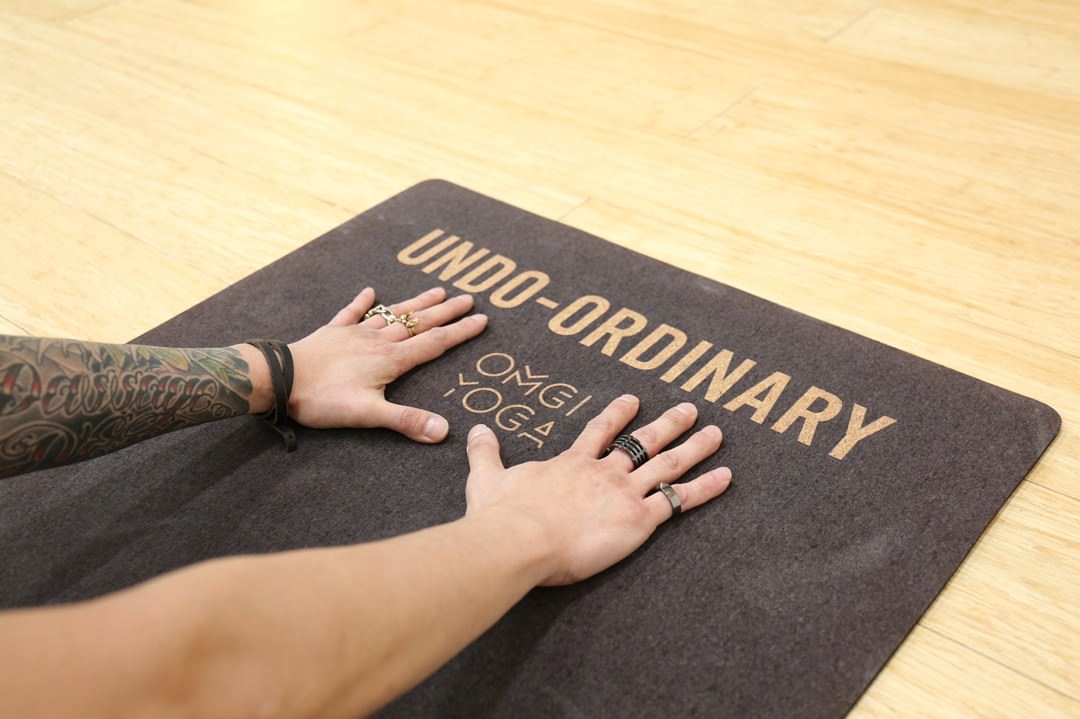
Bet you didn’t know the Olympics had dirty words.
Like, really dirty words.
Like really REALLY REALLY dirty words. Like words that if used by athletes or any of their non-Olympic affiliated brands, could get your posts removed by twitter, get you kicked out of the Olympics, or even your medals revoked.
Words like…
- 2016Rio
- Rio De Janeiro
- Gold
- Silver
- Bronze
- Medal
- Effort
- Performance
- Challenge
- Summer
- Games
- Sponsors
- Victory
- Olympia
- Olympics
- Olympic Games
- Olympiad
- Olympiads
- Citius Altius Fortius
Remember your mother washing your mouth out with soap as a kid for using those words? We don’t either.
To understand why these words are on the dirty list, it helps to think of the IOC as a bit of a stage mom to the world’s top athletes who qualify for the games: the IOC invests dollars, time, and energy into setting up the tactical opportunities for the athletes to participate on the world’s grandest sports stage.
Like Mamma June or any other stage mom who lives vicariously through the children whose talent they themselves never had, the IOC wants a cut of their celebrated child’s profit. A big cut. Cue rule 40. Perhaps the most stupid, self-serving rule of the Olympic games:

Rule 40. The rule that prohibits athletes from marketing themselves during the most high-profile two weeks of their career – the Olympics – when they can secure new sponsorship and thank their old sponsors who have stood by their side along the way. Considering most athletes live below the poverty line while training, and further, that the Olympics is perhaps the biggest stage they can appear on during their career, this rule single-handedly cuts out a huge amount of opportunity for athletes to build and grow their careers, all while official sponsors and the ioc profit.
Several grassroots organizations including rule40.com have taken it upon themselves to get the word out there, and create opportunities for athletes to raise funds to participate in these costly Olympic games. Businesses who have long sponsored the careers of athletes including Oiselle and New Balance have also been vocal on social media about rule 40, producing disruptive yet supportive messaging for their sponsored Olympians on their big race days. Even a fake twitter rule 40 account has been created to take the Pope, The White House, and several other celebrities whose tweets are in violation of the code.
Yet the greatest form of protest was shown by the athletes themselves, many of whom found creative ways to thank their sponsors on social media and after their events. American distance runners Jenny Simpson and Emma Coburn took the most creative lead to this approach, taking off their spikes after their bronze winning performances and displaying the logo’s of their longtime sponsors strategically in line with photographer’s cameras for the ultimate product placement.
Though the games are over, Tokyo is only a few short years away. Check out more at rule40.com to learn how you can get involved and help athletes get the funding and opportunity they deserve.





